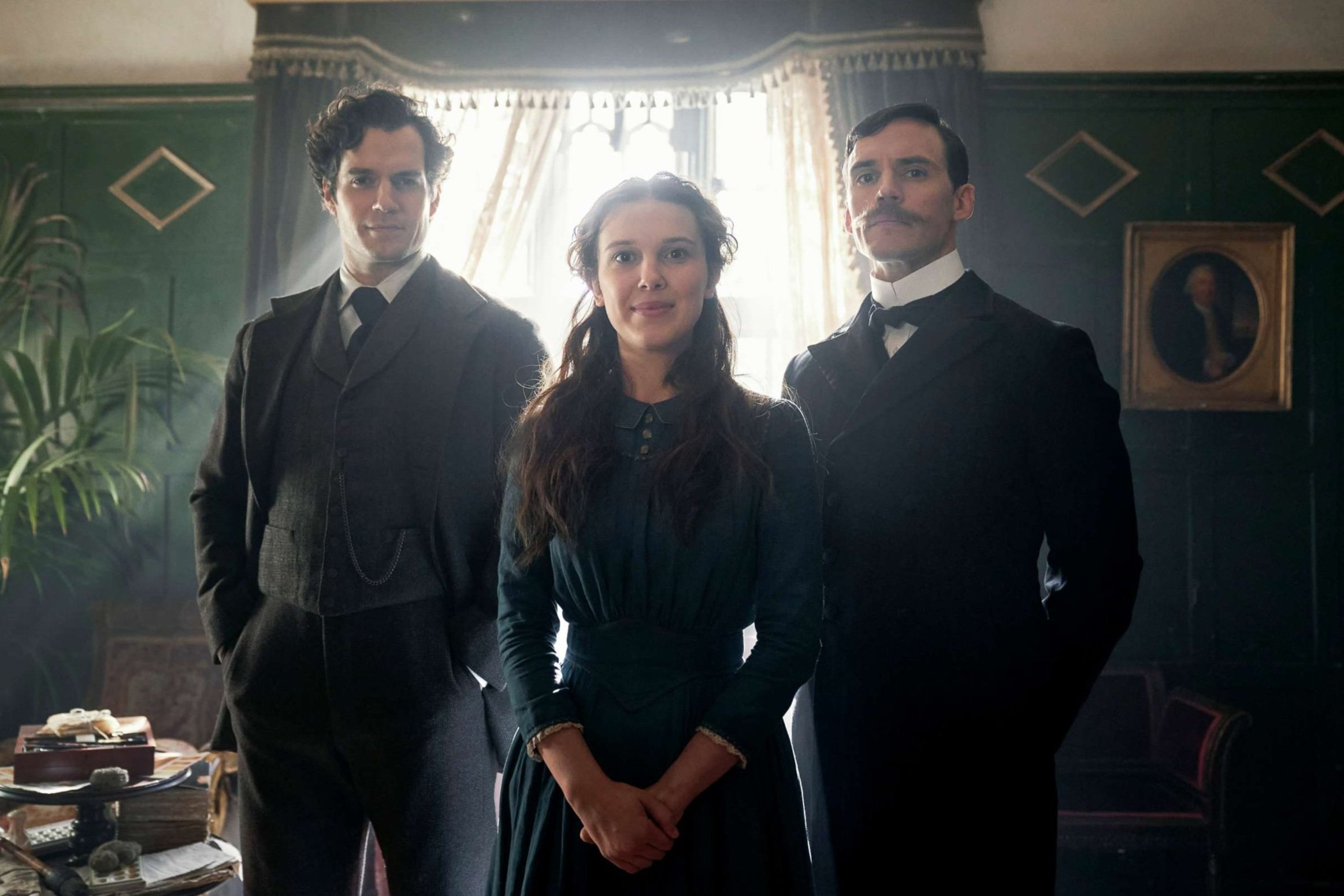Robert Eggers’ ‘Nosferatu’ Is A Mesmerizing Gothic Horror, Even If It’s Not Exactly Scary
Courtesy of Netflix.
SPOILER FREE REVIEW
The reimagining of the 102-year-old silent German Expressionist classic ‘Nosferatu’ is finally here.
Synopsis: A gothic tale of obsession between a haunted young woman and the terrifying vampire infatuated with her, causing untold horror in its wake.
Robert Eggers' captivating reimagining of ‘Nosferatu’ begins in deliberate darkness as if Eggers himself is preparing the audience to embrace the unknown. Yet, the film that follows is bathed in a moonlit glow so vivid and dynamic that even its darkest moments feel as stark as daylight. Despite its ominous tone, this ‘Nosferatu’ interpretation is anything but hard to see — a visual clarity that underscores its thematic depth.
Eggers doesn’t just illuminate the dark; he makes the darkness itself the subject, presenting it not as mere absence but as an indomitable, primal force intrinsic to human nature. This is a shadow we all carry, concealed beneath layers of decorum and virtue.
While Eggers' version nods to F.W. Murnau’s 1922 classic, it’s not a straightforward remake. Instead, it feels like a counterpart — a lush, intensely psychosexual reflection. Where Murnau's film concluded with the iconic shadow of a vampire against a solid wall, Eggers’ tale begins by casting that shadow across the delicate curtains of Ellen Hutter’s (Lily-Rose Depp) bedroom. Her whispered midnight prayer for solace is answered not with comfort, but with a hunger that seems to awaken within her.
Courtesy of Focus Features, Universal Pictures.
Lily-Rose Depp carries the film on her shoulders and this could easily be seen as her best performance to date. The demanding lengths the actress goes to in order to encapsulate the possession and passion with Nosferatu is nothing short of extraordinary — as mentioned: the hunger that awakens within her.
This hunger, personified by Bill Skarsgård’s grotesque and primal Count Orlok, blurs the line between predator and prey. Orlok’s repugnant decay contrasts with the unsettling allure he holds over Ellen, whose terror stems less from his monstrosity than from the part of her that yearns for him. This duality fuels the narrative, as Ellen’s struggle with her desires takes center stage, overshadowing even Orlok himself.
Eggers’ ‘Nosferatu’ shifts its focus from the vampire to Ellen, exploring her repression and awakening in a patriarchal society that vilifies female desire. The film juxtaposes the external horror of Orlok with Ellen’s internal battle, portraying her as a woman trapped by societal expectations yet brimming with untamed vitality. Depp’s performance is transformative, capturing Ellen’s turbulent inner world with raw intensity and grace.
The film’s aesthetic is both modern and meticulously period-accurate, blending Eggers’ signature style with gothic opulence. Like ‘The Witch,’ it treats sin with existential weight. Like ‘The Northman,’ it channels primal energy into a rich tapestry of folklore. And like ‘The Lighthouse,’ it revels in the absurd, anchored by Willem Dafoe’s wonderfully eccentric turn as a pipe-smoking academic obsessed with the Count, and who Eggers himself describes as “a crazy vampire hunter.”
Another name worth mentioning is Nicholas Hoult as Ellen’s husband Thomas Hutter. As any performance he gives, Hoult always delivers 110%. As an inspired young estate agent journeying to the spooky and moonlit Carpathians on business, he successfully complements Depp with his own moments of captivating performance.
Courtesy of Focus Features, Universal Pictures.
While Eggers’ ‘Nosferatu’ is steeped in atmospheric detail and shadowy dread, it’s also deeply human, exploring the universal fear of confronting one’s own darkness. Ellen’s journey, juxtaposed with the societal constraints of 1838 Germany, offers a poignant critique of repression. Her marriage to the well-meaning but oblivious Thomas Hutter (Nicholas Hoult) only deepens her isolation, as her desires and anxieties remain unspoken and unaddressed.
The film unfolds with deliberate pacing, stretching its narrative across 132 richly atmospheric minutes. Eggers employs masterful cinematography by Jarin Blaschke, capturing every moment in desaturated, haunting beauty. From Hutter’s eerie journey to Orlok’s castle to the claustrophobic streets of Wisborg, every frame brims with a sense of foreboding and otherworldly allure.
Eggers’ ‘Nosferatu’ may lack the sociopolitical subtext of Murnau’s original but replaces it with a more personal and psychological exploration. Skarsgård’s Orlok is less a standalone figure than a shadow of Ellen’s suppressed desires, a manifestation of her internal struggle. His grotesque presence, enhanced by unsettling prosthetics and a chilling voice, underscores the film’s focus on appetite and repression. The decision to leave out the appearance of Bill Skarsgård’s distorted presence in the trailers and marketing campaign certainly holds a greater impact of mystique and shock when you witness the reveal front of the big screen.
Ultimately, ‘Nosferatu’ is a meditation on the darkness within — the parts of ourselves we fear to confront but must. Eggers’ richly textured storytelling, moody cinematography, combined with mesmerizing performances and an evocative score, delivers a film that doesn’t just revive a classic but redefines it, cementing its place as a haunting and thought-provoking masterpiece.
Our score: ★★★★★
(out of 5 stars)








